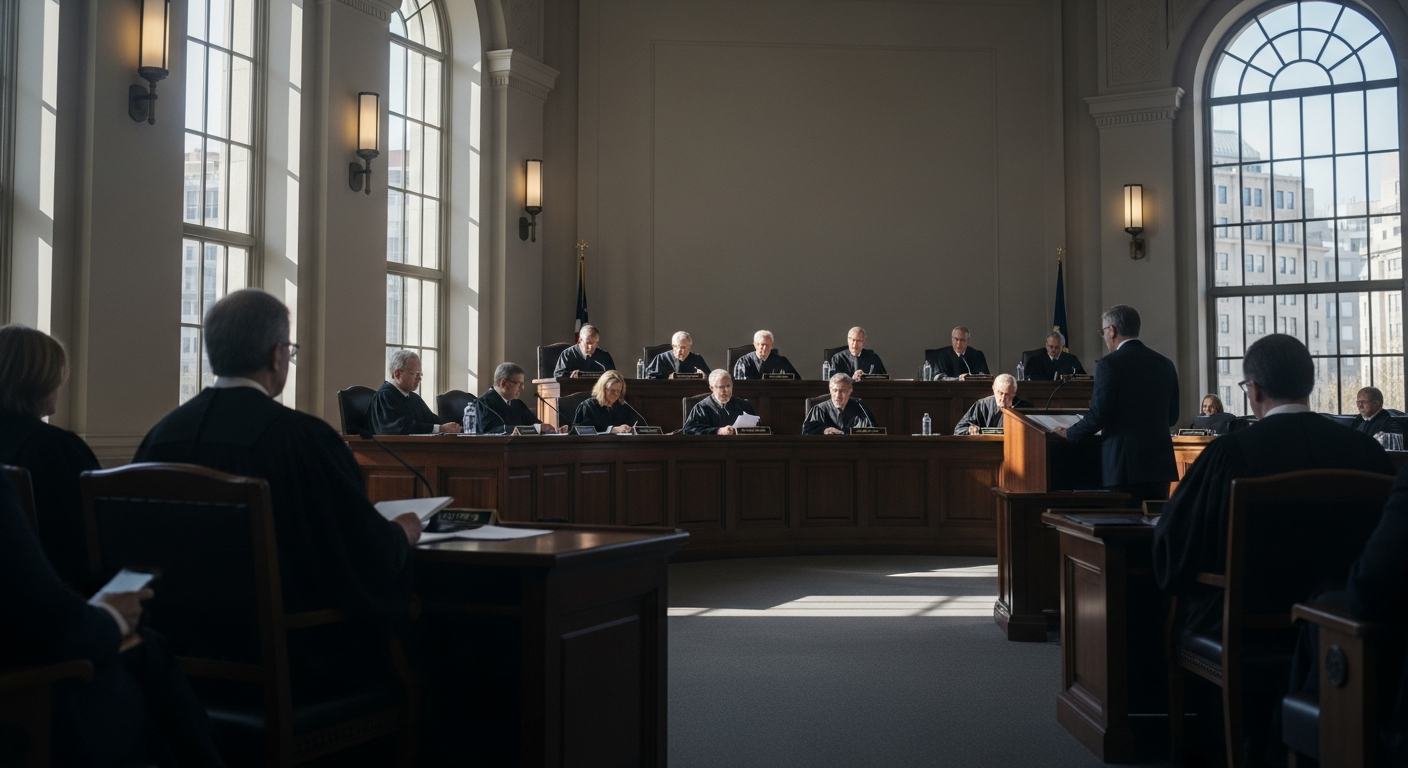The Ripple Effect of Judicial Disqualification
In an era where public trust in institutions is increasingly scrutinized, the integrity of the judicial system stands as a cornerstone of democratic governance. Recent high-profile cases have thrust the issue of judicial disqualification into the spotlight, raising important questions about impartiality, ethics, and the delicate balance between judicial independence and accountability. This article delves into the complex world of judicial recusal, exploring its far-reaching implications for the legal system and society at large.

Evolution of recusal standards
As societies became more complex, so did the standards for judicial disqualification. In the United States, the development of recusal laws gained momentum in the 20th century. The federal judicial disqualification statute, 28 U.S.C. § 455, underwent significant revisions in 1974, expanding the grounds for recusal beyond direct financial interests to include circumstances that might create an appearance of bias. This shift reflected a growing recognition that public perception of judicial impartiality is crucial for maintaining confidence in the legal system.
Contemporary challenges in judicial ethics
Today, the landscape of judicial ethics is more nuanced than ever. Social media, political polarization, and increased scrutiny of judges’ personal lives have created new challenges. Judges must navigate a minefield of potential conflicts, from their investment portfolios to their spouses’ careers. The rise of specialized courts and the increasing complexity of litigation have also made it more difficult for judges to avoid all potential conflicts of interest.
The impact on high-profile cases
High-profile cases involving Supreme Court justices have brought judicial disqualification to the forefront of public discourse. These cases raise complex questions about the balance between transparency and judicial independence. Unlike lower court judges, Supreme Court justices are not bound by a formal code of conduct, and there is no higher authority to review their recusal decisions. This has led to calls for reform and increased transparency in the recusal process at the highest level of the judiciary.
Balancing judicial independence and accountability
The debate surrounding judicial disqualification touches on a fundamental tension in democratic systems: how to ensure judicial accountability without compromising judicial independence. Overly strict recusal standards could lead to strategic litigation aimed at disqualifying specific judges. Conversely, lax standards risk undermining public confidence in the impartiality of the courts. Finding the right balance requires careful consideration of legal principles, ethical standards, and practical realities.
The future of judicial disqualification
As society continues to evolve, so too must the principles governing judicial disqualification. Some jurisdictions are exploring innovative approaches, such as independent panels to review recusal decisions or enhanced disclosure requirements for judges. Technology may also play a role, with AI-powered tools potentially assisting in identifying potential conflicts of interest. However, any reforms must be carefully crafted to preserve the essential elements of judicial independence and the rule of law.
In conclusion, judicial disqualification stands as a critical safeguard of impartiality in the legal system. As recent events have shown, it is a topic of enduring importance and complexity. By continuing to refine and adapt recusal standards, legal systems can work to maintain the delicate balance between judicial independence and public confidence in the administration of justice.






